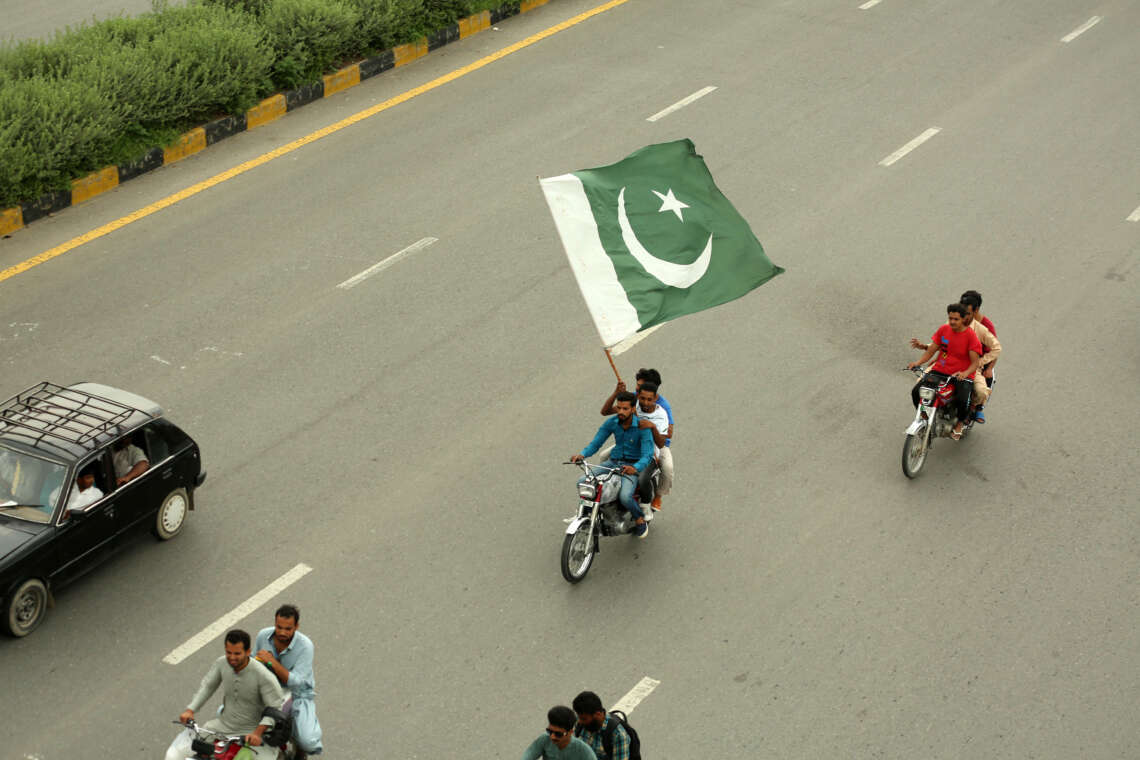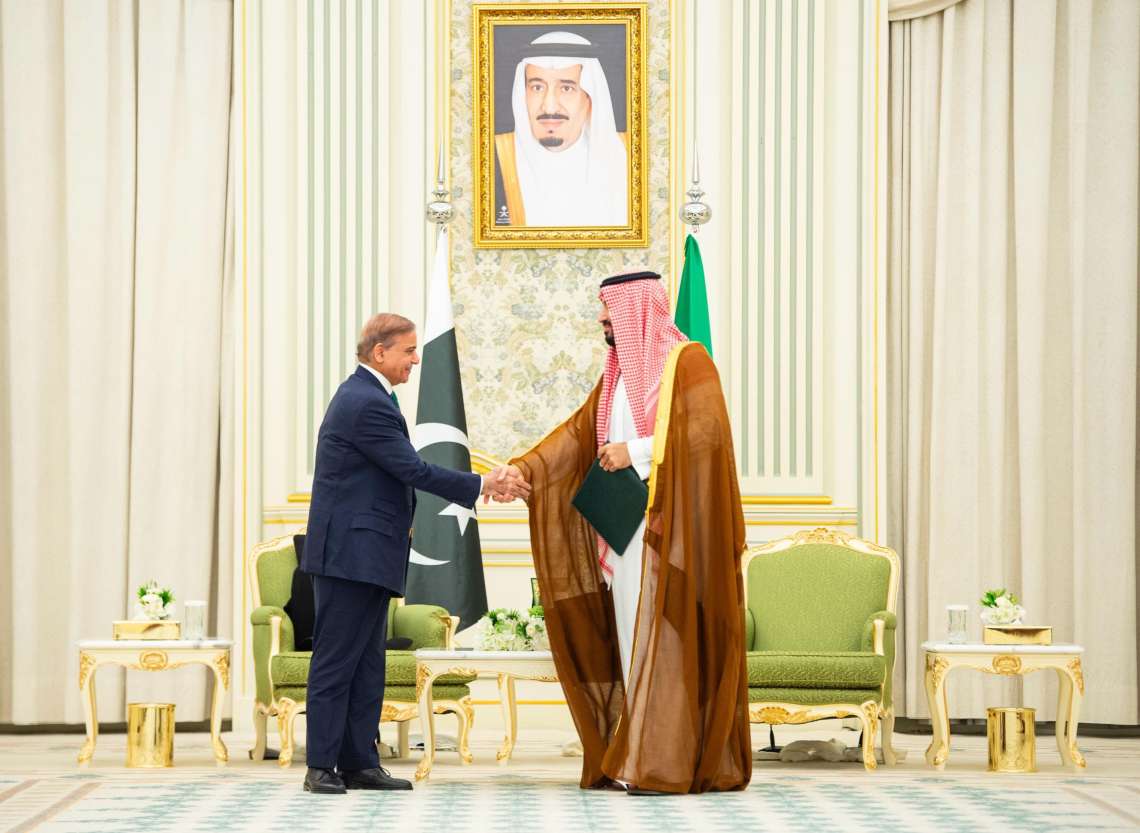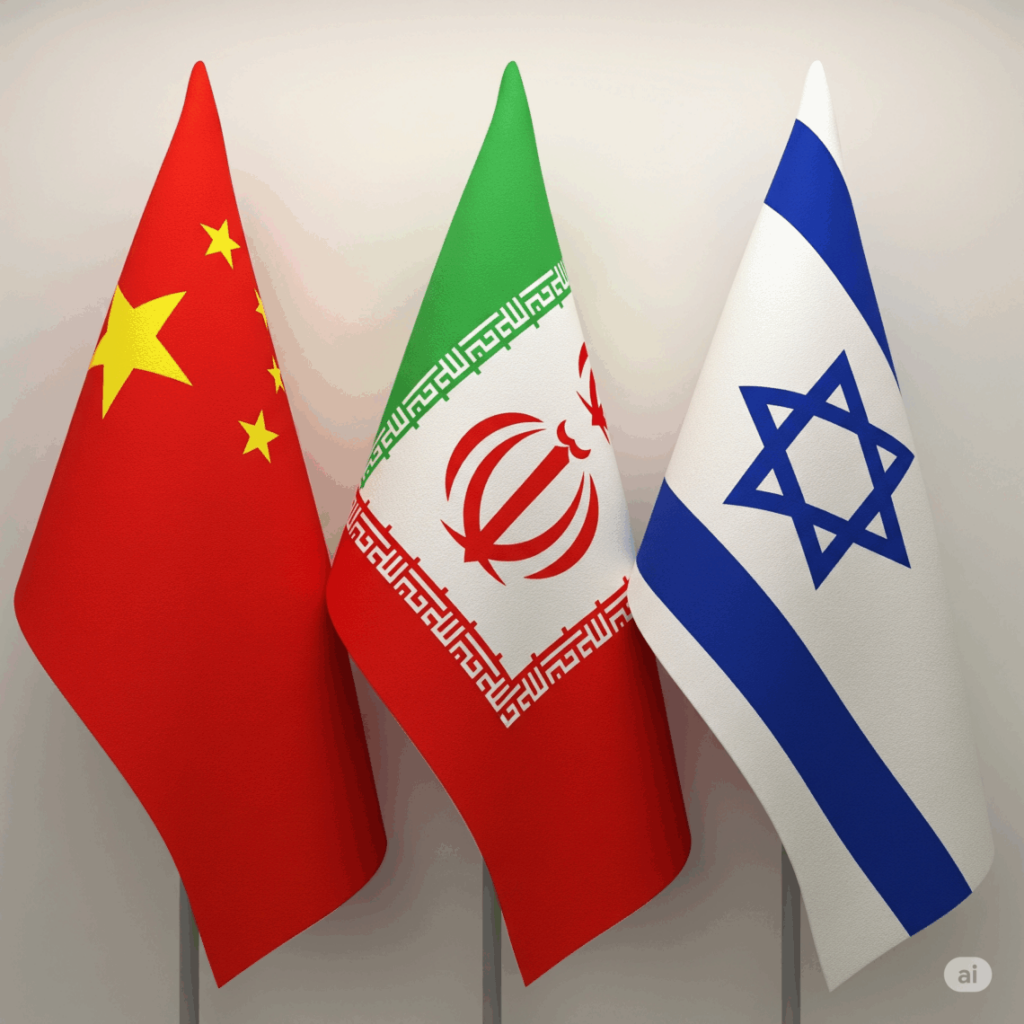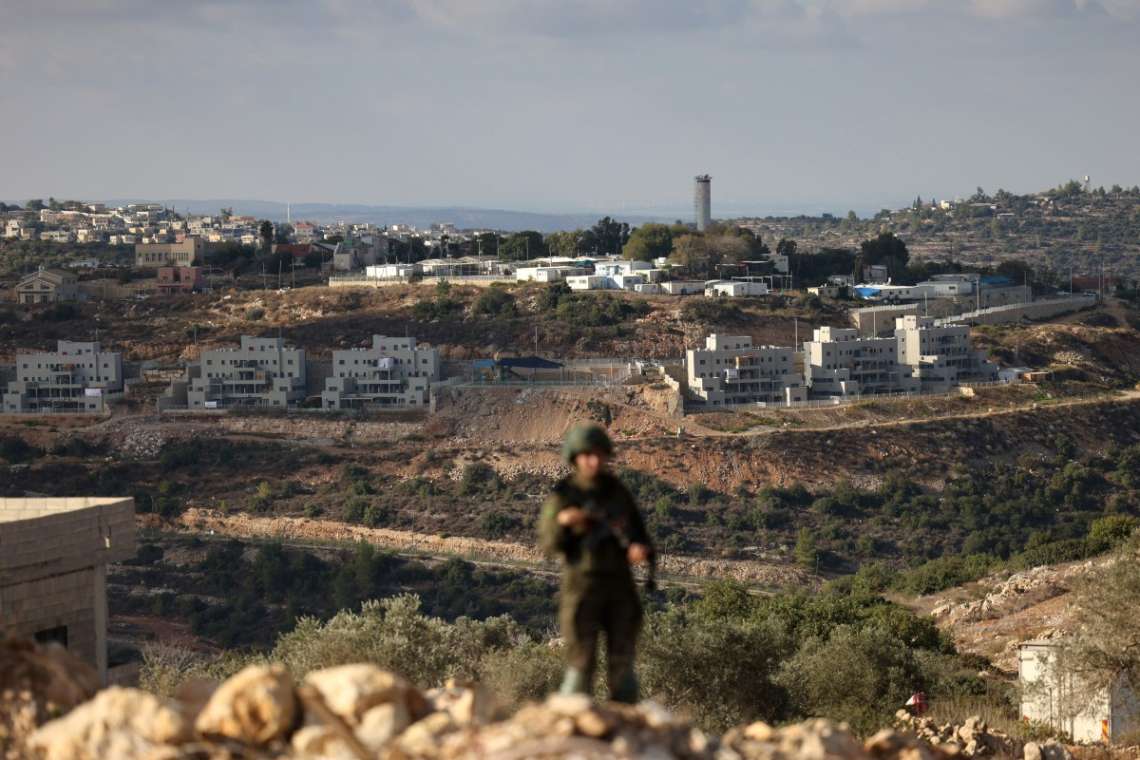The International Federation of Journalists (IFJ) reported that the crackdown on journalists in the Pakistan-controlled Kashmir was worse than in the other areas of the country … writes Dr Sakariya Kareem
Suppression of media freedom and content censorship in Pakistan-controlled areas appeared to have reached an unprecedented level in recent years, thanks to the government’s resort to draconian laws. Economic punishment, punitive legislation, besides physical violence and abductions, are among the tools that are being used to silence the media and the free flow of news.
The recently amended Prevention of Electronic Crimes Act (PECA) is used widely to punish and harass the scribes who are critical of the state authorities. “The amended PECA law is proving as harmful for freedom of expression and journalism as the coronavirus was for human beings. It is a tool given in the hands of state authorities to question any post, any report and any expression,” said Iqbal Khattak, Executive Director of Pakistani media watchdog Freedom Network.
The International Federation of Journalists (IFJ) reported that the crackdown on journalists in the Pakistan-controlled Kashmir was worse than in the other areas of the country. Earlier, the censorship was limited to social media platforms. “Then, the amendments to the Prevention of Electronic Crimes (PECA) Act restricted the movements of all individuals online, as well as the registration of several cases against journalists under it,” the IFJ said.
Before the amendment, the government had tried to bring the Prevention of Electronic Crimes (Amendment) Ordinance, which the Islamabad High Court called “unconstitutional” and struck it down. “The criminalisation of defamation, protection of individual reputations through arrest and imprisonment and the resultant chilling effect violates the letter of the Constitution and the invalidity thereof is beyond reasonable doubt,” the court stated.
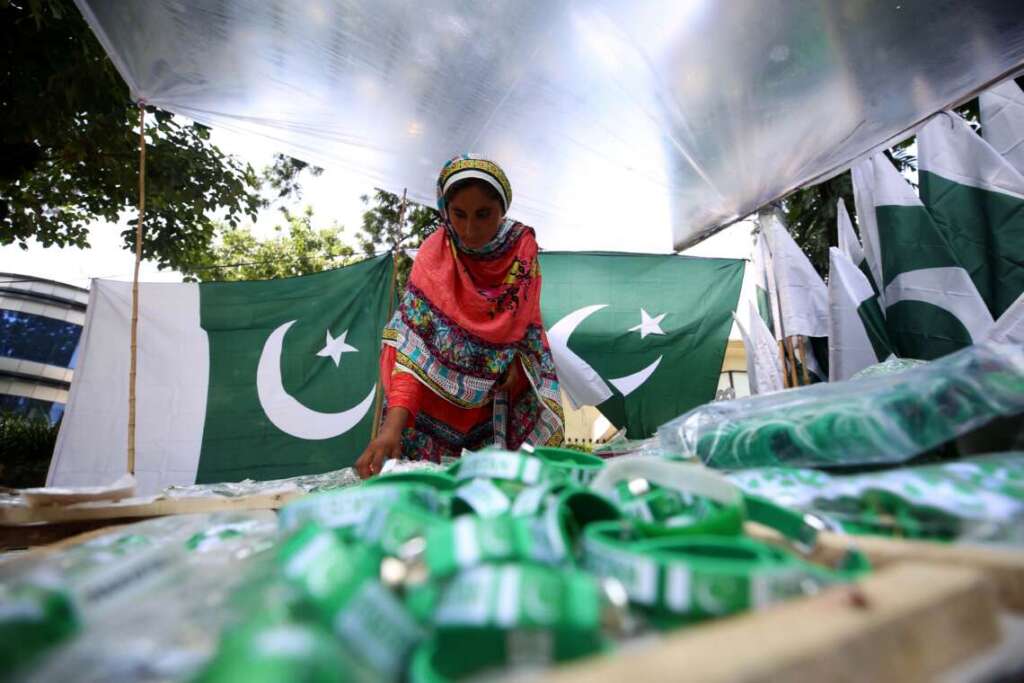
Moreover, the local government amended the Penal Code, making public criticism of government officials a punishable offence. Using the barbaric legal provisions, a leading Urdu newspaper, The Daily Jammu & Kashmir, was charged with spreading fake news and propaganda against the government. Several press unions, including All Kashmir Newspapers Society (AKNS), condemned the government’s action and termed it a violation of press freedom. AKNS slammed the government for switching to suppression using criminal charges when proper constitutional ways were available.
Highlighting the state control over the journalism in Pakistan-controlled Kashmir, a BBC report said media outlets could not diverge from the position taken by the Islamabad government. “A number of outlets have faced closure by authorities in recent years. Media organisations need official permission to operate. No foreign media are based in Pakistan-administered Kashmir without the prior permission of the state government,” it reads.
Commenting on the harassment of journalists in Pakistan-controlled Kashmir, a local newspaper named Azadi Times said “Beneath the surface of this picturesque region lies a systemic failure to safeguard press freedom, ensure journalists’ rights, and provide them with the basic tools to carry out their responsibilities. The plight of journalists in Azad Kashmir is a stark reminder of the challenges facing press freedom in the region.”
A Kashmiri freelance journalist named Ali Ahmed Farhad Shah was abducted by police themselves for writing content that was critical of Pakistan’s powerful military. After his wife approached the local high court, he was released. Physical violence against journalists is common. Recently, several journalists were beaten by police when they tried to cover a protest by health professionals. Some sustained head injuries.

Local Kashmiri journalists alleged that the local issues are often neglected or prevented from being published in the national media. “We send raw footage from protests or community events, but by the time it airs, the story has been sanitised,” says a producer for a major Urdu news channel, based in Muzaffarabad. Young journalist Zara Altaf said she lost 82 percent of her viewership on her YouTube channel after she reported on a controversial land issue in Pakistan-controlled Pakistan.In 2024, cases were registered against six Kashmiri journalists for reporting on the sexual assault of a female prisoner by a high-ranking police official.
The news media ecosystem existed in Pakistan-controlled Kashmir but was unable to speak truth to power, reads Azadi Times’ editorial. “This is the reality of media in Pakistan-administered Kashmir, where press freedom is celebrated in theory but suffocated in practice. Unlike the high-profile censorship tactics seen in other regions—raids, arrests, or blatant shutdowns—the suppression of press freedom here operates in far subtler ways.” A veteran journalist from the region Gulzar Chaudhry said “They’ve perfected the art of killing journalism without leaving fingerprints.”

